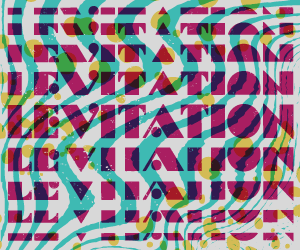Morricone & Tarantino

It wasn’t a surprise that Ennio Morricone took home an Oscar for his original score to Tarantino’s The Hateful Eight the other night. Perhaps surprising was that Morricone had only been nominated a handful of times since 1979’s Days of Heaven, completely overlooking his ground breaking work from the 1960s on Sergio Leone westerns.
Morricone was awarded an honorary Oscar in 2024.
The mind melding music that comprises the themes to The Hateful Eight are something that could only happen in the movies. Quentin Tarantino had up to his eighth film never actually had a composer working in tandem on the music.
A music supervisor like RZA on Kill Bill, sure, but never an official composer. Tarantino was more likely to pull snippets of composer’s music from previous films, like a bit of Morricone’s score to Two Mules for Sister Sara that was heard in Django Unchained. Or the main theme from White Lightning (1973) by Charles Bernstein, heard throughout Kill Bill.
The soundtrack to The Hateful Eight contains Morricone’s award winning score, although there are pieces of previous Morricone film music also heard in Tarantino’s talky western that are not on the soundtrack: music from The Thing and Exorcist II: The Heretic.
True to Tarantino form the soundtrack also has songs heard in the film, like The White Stripes’ “Apple Blossom.” Also the soundtrack, on the Decca label, has plenty of dialogue from the movie, a staple on Tarantino soundtracks since Reservoir Dogs. That means Jennifer Jason Leigh singing “Jim Jones at Botany Bay,” which concludes with Kurt Russell smashing a priceless 19th century Martin guitar. That also means Walton Goggins reading The Lincoln Letter.
“Ol Mary Todd is calling so I guess it’s time for bed.”
— Michael Bergeron












